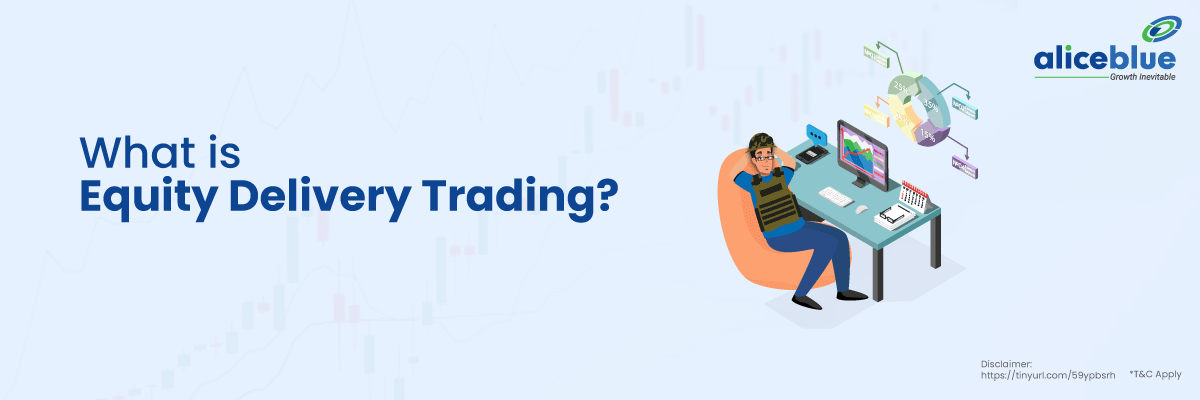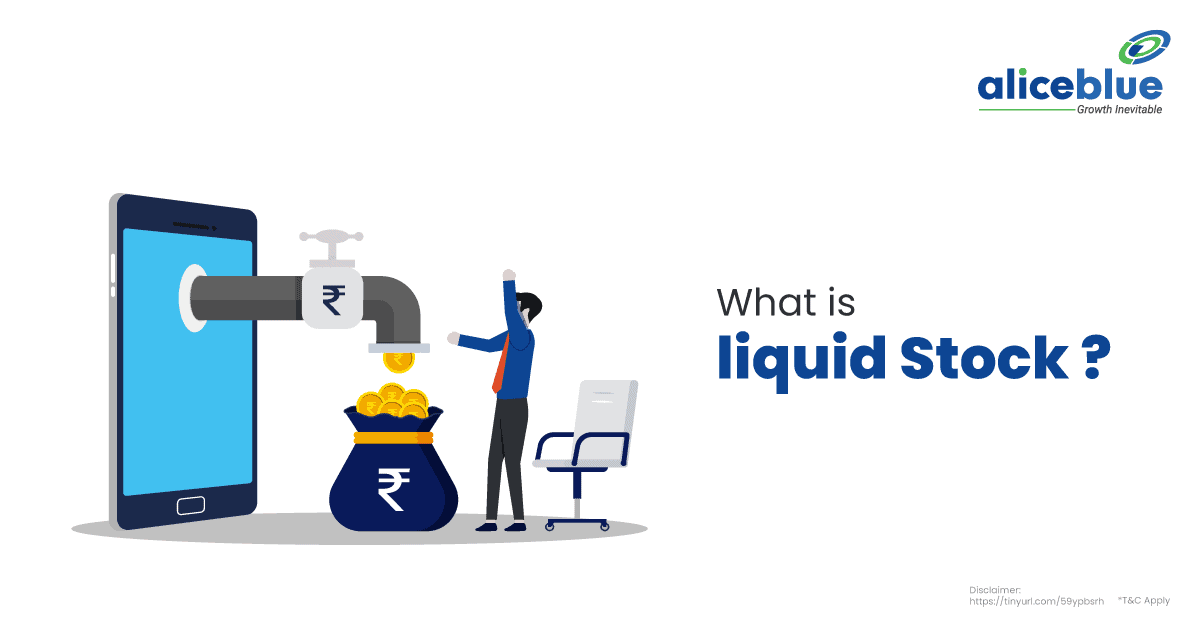When I first came across the word “Equity Delivery”, the first question that came into my mind was; will I receive the Delivery of Equities like I receive products when I order from Amazon?
Did you get that question too?
Well, if you did, the answer is Yes, the equities will be delivered to you in your Demat Account.
Before the introduction of the Demat Account in 1996, the shares would actually be delivered to your home!
Sounds interesting, right?
Let’s get started on the topic and learn everything in detail!
Content:
- Equity Delivery Meaning.
- What is a Demat Account?
- How to Buy Delivery Shares?
- What is T+2 Settlement?
- Equity Delivery Brokerage/Charges.
- Equity Delivery Advantages.
- Equity Delivery Disadvantages.
- Quick Summary
Equity Delivery Meaning
When you buy shares and keep them with you for the long term, it is known as Equity Delivery. You can keep the shares in the Demat account for a month, a year, or a decade at your will without the obligation to sell.
You might be wondering how do I keep the shares in the Demat Account.
To answer that, first, let me explain to you the meaning of a Demat Account.
What is a Demat Account?
Like you store your money in the Savings Account, the Demat Account will help you store shares in electronic form.
To get a clear view of how a Demat Account works, let’s understand the whole process of what happens when you buy shares in the stock market.
How to Buy Delivery Shares?
Assume you want to buy 100 ITC Shares via Equity Delivery. First, you need to log in to your trading platform, and in the order form, select CNC Order Type. CNC is nothing but Cash and Carry; when you select this order type, you need to pay cash in full and carry the shares as long as you want.
Once you buy the shares successfully, the shares will be electronically delivered to your Demat account in T+2 working days. It is also known as T+1 Settlement.
What is T+2 Settlement?
T+1 days means trading day + 2 working days. For example: Let’s assume you bought ITC Shares on Monday; the stock delivery will happen electronically to your Demat account after 2 days, that is, on Wednesday.
Now that you know what is Equity Delivery let’s understand how much brokerage will be charged when you use the product type delivery.
Equity Delivery Brokerage/Charges
The brokerage charged for Equity Delivery varies with the broker. At Alice Blue, we charge a Zero Brokerage.
Considering the above example where you bought 100 shares of ITC at ₹ 200 each, the brokerage charge for that transaction will be Zero.
When you buy shares via Equity Delivery, you will enjoy a lot of benefits. Let’s explore the benefits!
Equity Delivery Advantages
Time
When you buy shares via Equity Delivery, you can hold them as long as you want.
Keeping the ITC example in mind, you bought the 100 shares @ ₹ 200 each (100 shares x ₹ 200 = ₹ 20,000). In the next week, due to some bad news, the share price fell to ₹ 180 (100 shares x ₹ 180 = ₹ 18,000). After the fall, you are at a loss of ₹ 2,000 (₹ 20,000 – ₹ 18,000)
In such cases, you simply have to hold the shares and wait for the share price to climb up.
Note: I say you can hold the shares and wait for the prices to climb up because ITC is a very good stock, and eventually, it might retrace back. But nobody knows if it actually will retrace or not!
Dividends
Most companies pay dividends to their shareholders every year out of the cash reserves or profits. If you are holding shares of a company when it’s paying dividends, you will get some extra profit per share.
Let’s understand how dividends help you earn profits with the ITC example again:
- In May 2022, ITC paid a dividend of ₹ 6.25 per share.
- If you had 100 shares in May 2022, you would receive a dividend of ₹ 625 (100 shares x ₹ 6.25)
Capital Appreciation
Capital Appreciation is an increase in the value of a stock over a period of time. Technically speaking, capital appreciation is the difference between the purchase price and the selling price of the stock.
For Instance:
- You bought 100 shares of ITC at ₹ 200. So the total investment value is ₹ 20,000.
- After two years, ITC Share Price jumps to ₹ 400, and you decide to sell the shares. Now the investment value will be ₹ 40,000.
- The profit of ₹ 20,000 (40,000 – 20,000) is nothing but Capital Appreciation.
Collateral Margin
If you have shares in your Demat account, you can pledge those shares and get the margin to trade in Equity Intraday, Futures & Options Selling.
Equity Delivery Disadvantages
Margins
if you buy stocks via Equity Delivery, you need to pay the full amount. But in the case of Equity Intraday, you can buy stocks without paying the full amount via margins.
Note: Alice Blue is one among the very few brokers to provide up to 4 times the margin on Equity Delivery.
Quick Summary
- When you buy shares via Equity Delivery, the shares will be delivered to your Demat Account. You can keep the shares in the Demat account for a month, a year, or a decade at your will without any obligation to sell.
- Demat Account helps you store shares electronically.
- Shares are settled on a T+2 basis.
- Alice Blue charges Zero Brokerage on Equity Delivery.
- Equities help you earn profits in the form of:
- Dividends and
- Capital Appreciation
- You can pledge your holdings to trade in Equity Intraday, Futures & Options Selling.
- Most brokers do not provide a margin on Equity Delivery. But a few brokers like Alice Blue are an exception.






